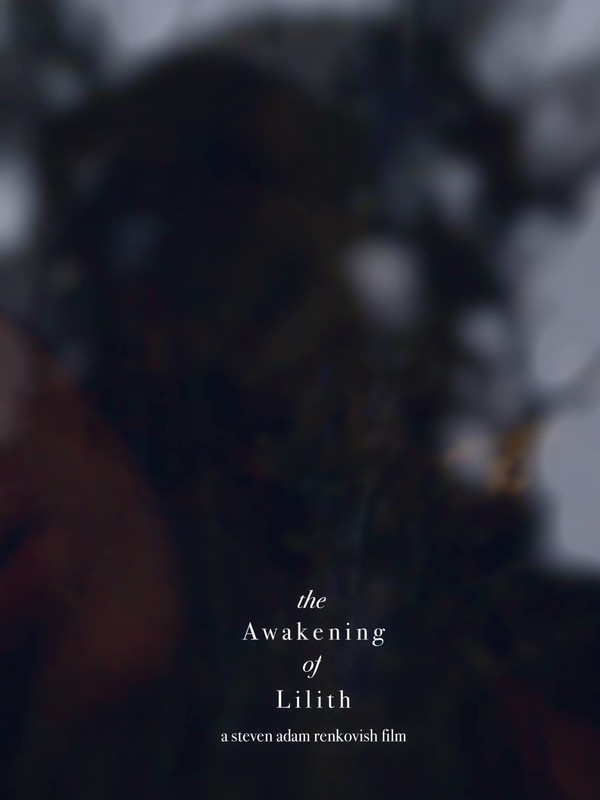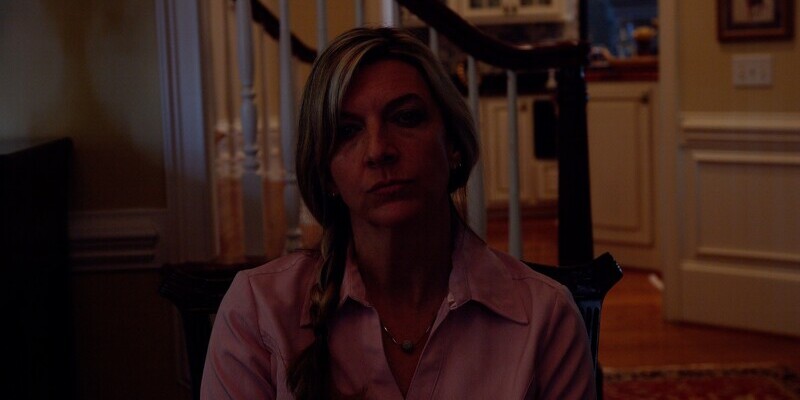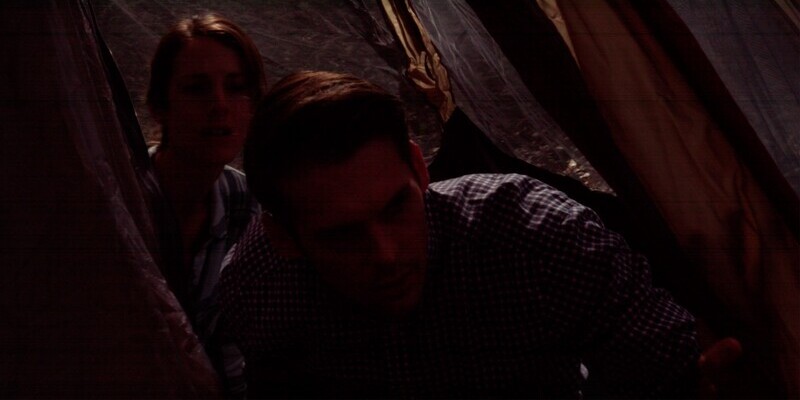
Review by
Sue Finn
Directed by: Steven Adam Renkovish
Starring: Brittany Renée, Justin Livingston, Mary Miles Kokotek

After a slow and laboured beginning, this movie picks up a better rhythm
around 20 minutes in, and then settles in to tell us the story of Lilith
(Brittany Renee), a tormented woman in the throes of grief.
We learn via flashbacks that her partner died recently, and she blames
herself.
We discover the fraught relationship she shares with her mum, which is
unfortunately explored using a painfully talky scene near the beginning of
the film that only serves to slow the narrative to an almost complete
stop, and the numerous voice overs and frequent soliloquies.

The relationship she mourns is clearly dysfunctional, with several
flashbacks showing her partner Noah (Justin Livingston) to be short
tempered, with an aggressive nature. The ‘cute couple’ photographs that
adorn her home show her gazing at him adoringly while he stares into the
distance, pissed off and sullen.
She attempts to reconnect with people from her Church group, but they seem
to be judgmental and unsupportive, and she finds herself the victim of
violent fantasies that involve them when she’s in their presence.
As she makes her way through her grief, so her sense of reality is pushed
into less trustworthy places, and the truth of what happened to Noah is
revealed.
The Awakening of Lilith is the feature film debut of writer
and director Steven Adam Renkovish, and I must commend him on some
of the staging; the atmosphere is well-realised and some shots are
beautifully framed.
I like the inclusion of classical music on the soundtrack, with both
Mozart and Vivaldi featuring; I also really dug the ‘bloody orange’ scene.
Unfortunately, that’s where the good stuff ends.

This deep dive into self-important misery really isn't substantial enough
for a full-length film, and it feels overlong; even at less than an hour
and a half it struggled to hold my attention.
Personally, I enjoy horror movies with subtexts that explore deeper
emotions such as grief, loneliness and fear.
For this reason, I relish Relic,
Hereditary,
The Babadook
and The Blackcoats Daughter, just to name a few; but those films also have fully fleshed-out
storylines, and understand that intriguing and entertaining the audience
are vital parts of a good film. There is a world of difference between a
film like The Babadook, which on its surface is about a monster tormenting a mother and son,
but underneath is about mental health and grief; and a film like this one,
that is only about the grief.

After watching this, I looked up other reviews online and was surprised to
find them more positive than I had expected. Maybe it just didn’t work for
me.
I wish I could say the acting was good, but it wasn’t terribly believable
in my opinion.
I wish I could say this made me feel something, but frankly I found it all
a bit boring.
I wish I could say I liked it as much as my fellow reviewers did, but I
didn’t.
I wish I could recommend it.
But I can’t.

The Awakening of Lilith is
currently on the festival circuit.

